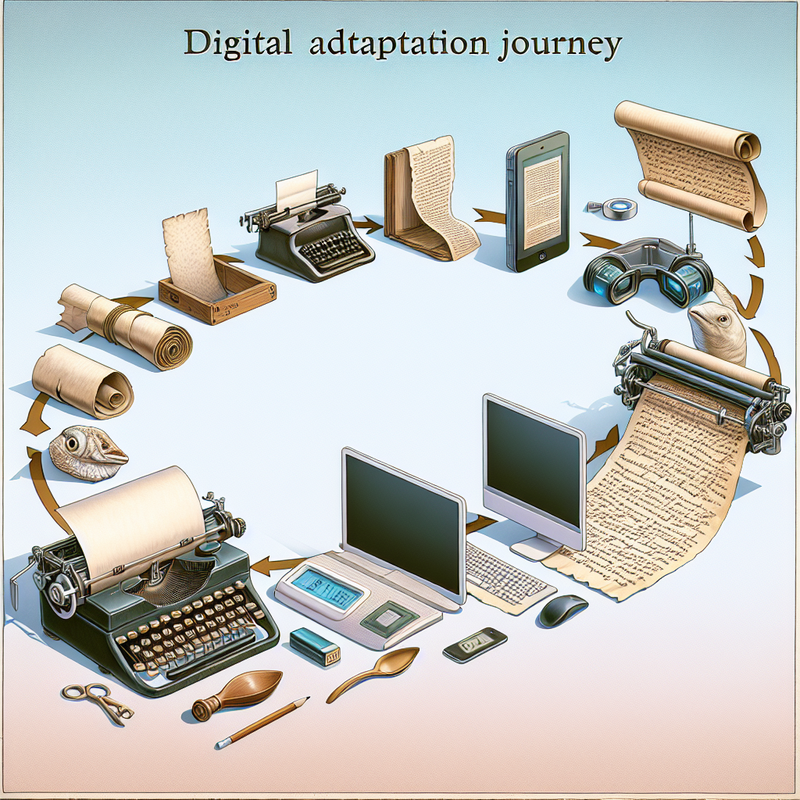Navigating and Adapting to the Digitalized Realm
The accelerated digital revolution calls for swift adaptation, making it critically significant to grasp and integrate technological innovations. The paper provided delves into the transformative digital sphere, discussing prevalent technology developments, the emergence of remote employment and digital nomadism, the significance of social media, eCommerce’s influence, and the growth of digital entertainment portals.
Transitioning to a Digital-Centric Landscape
A critical aspect to consider is digital literacy, incorporating essential components that facilitate users to traverse the digital domain in a secure and efficient manner. The report points out that “Digital literacy encompasses methodologies to enhance digital competencies and the accessibility of learning resources for digital applications and software.” Moreover, adjusting to digital shifts, particularly in the corporate sector, is vital. This adjustment necessitates the endorsement of digital-primary business approaches, employment of digital instruments for teamwork and productivity, and the recognition of cybersecurity’s significance.
The transition from conventional methods to online platforms is also infiltrating economic transactions, leading to the creation of a ‘digital economy’. This paradigm explores cryptocurrencies, gig and sharing economies, and digital marketing tactics for eCommerce. The role of data analytics in decision-making is significantly stressed, with the report considering “Understanding eCommerce and digital marketing approaches” crucial, along with the appreciation of data’s role in decision-making.
Handling cyber communication, which presently makes up the major portion of global correspondence, forms a key part of digital literacy. This extends to the practice of digital ethics and professionalism, management of online disruptions and information surplus, and nurturing a positive digital presence.
Equally noteworthy is digital health and wellness. The report spotlights practices such as striking a balance between online connectivity and digital detox, recognizing the impact of digital media on mental health, and using tools to safeguard digital well-being.
Preparing one’s abilities for this digital era is of paramount importance. The advantages of an ongoing learning approach, cultivating a growth perspective for digital adaptations, and methodologies for keeping abreast in a digital workspace are elaborated upon.
The report concludes by urging readers to document their adaptation experiences, participate in blog discussions, and register for more insights on digital trends.

